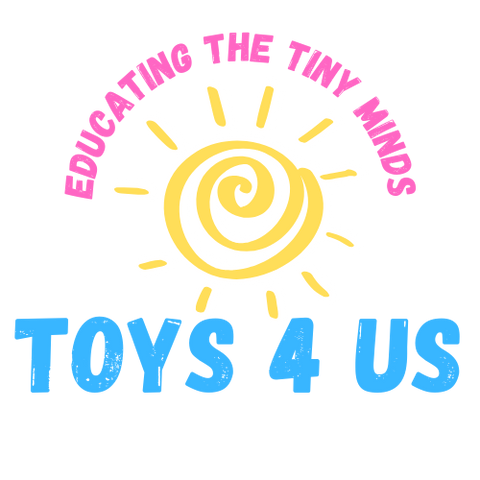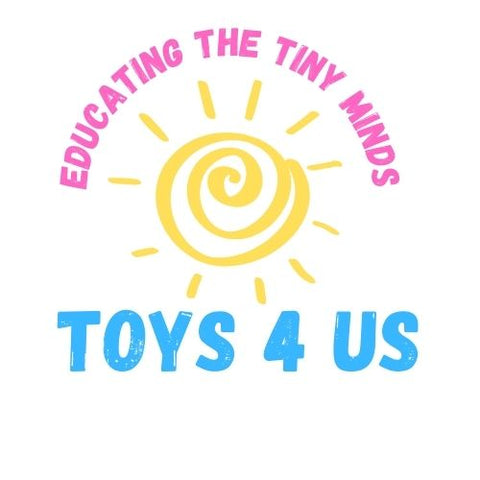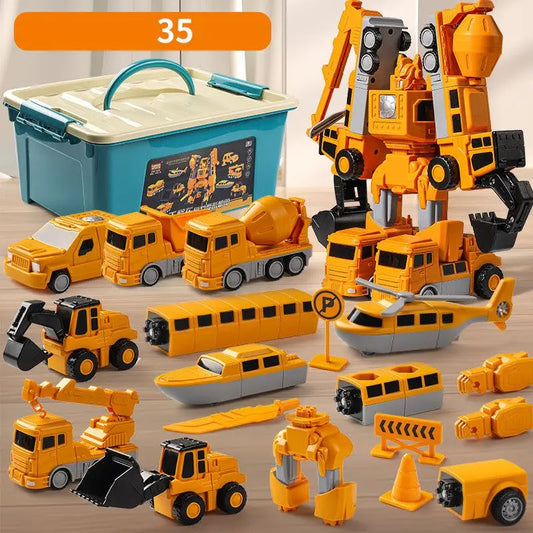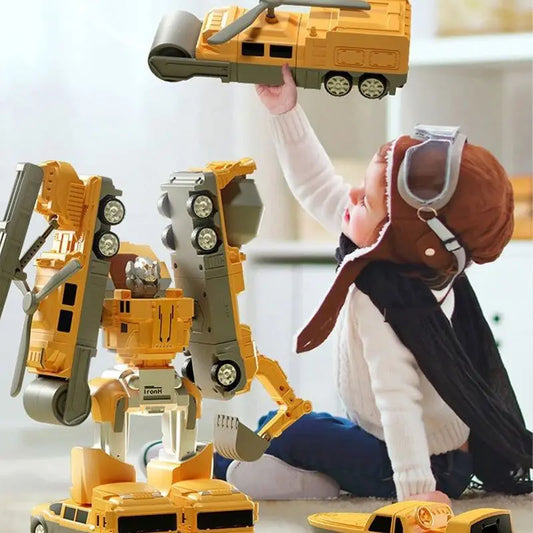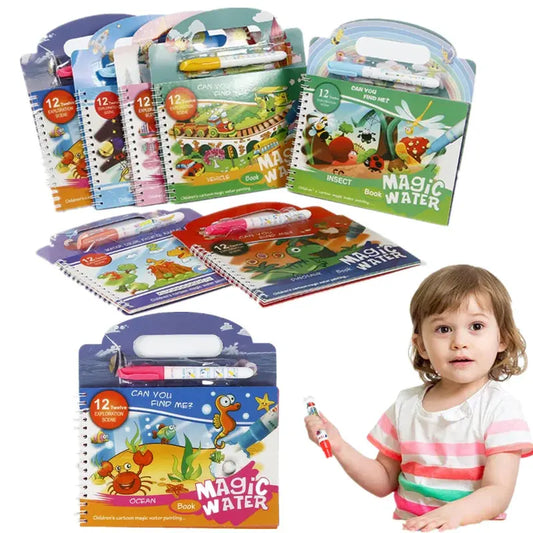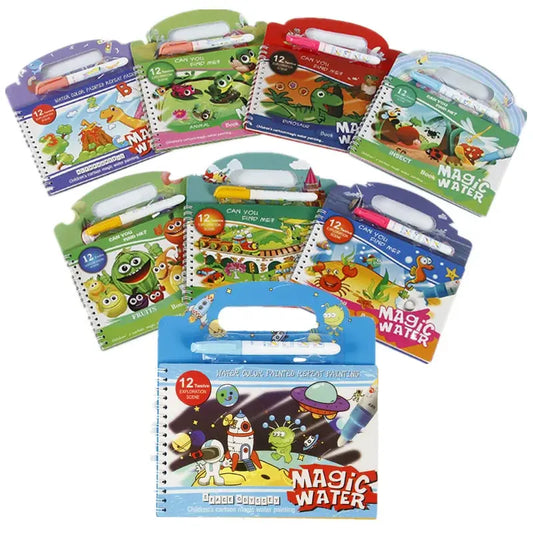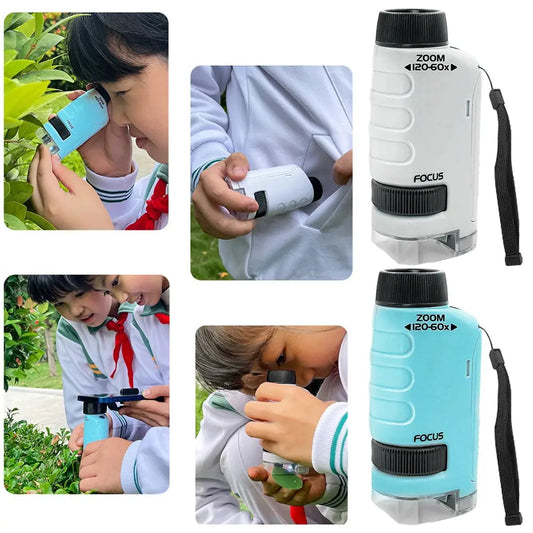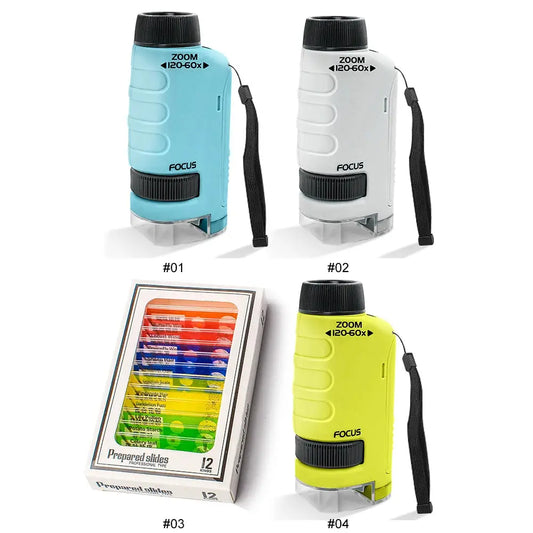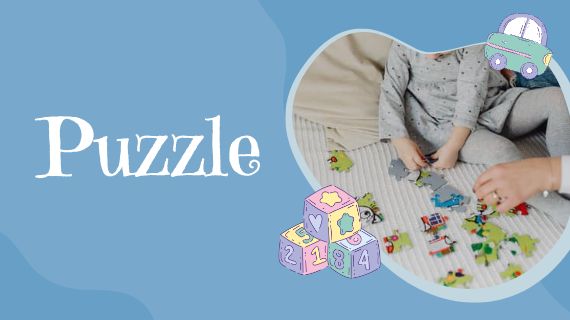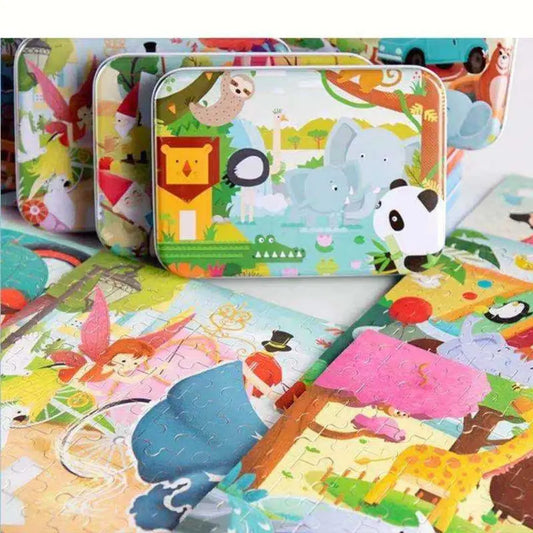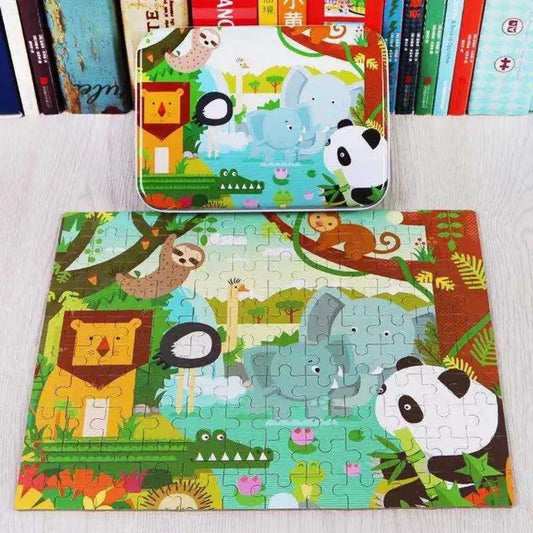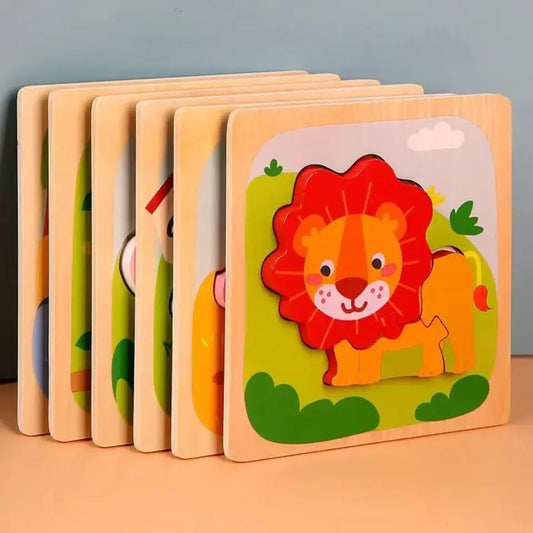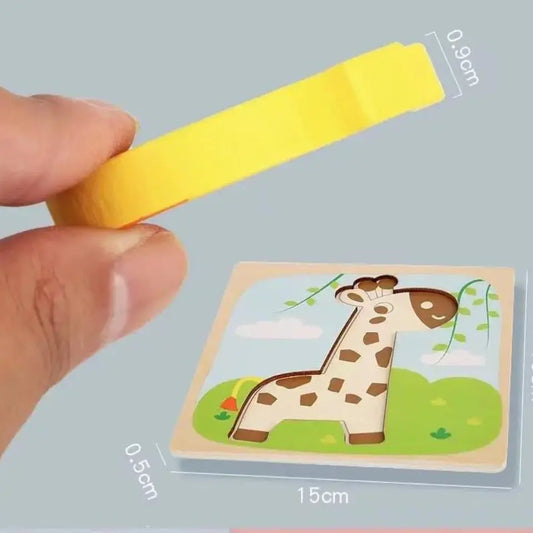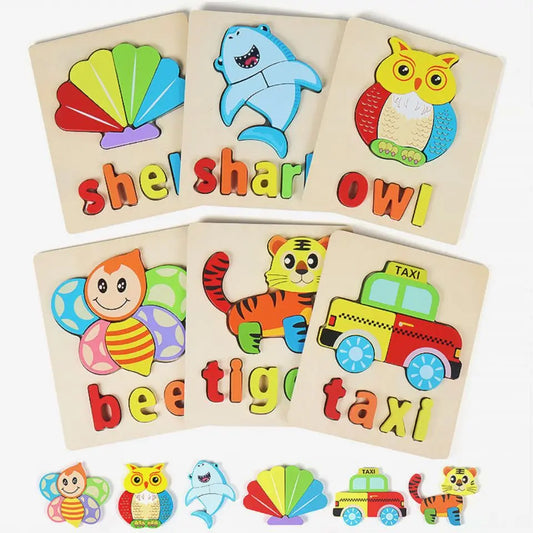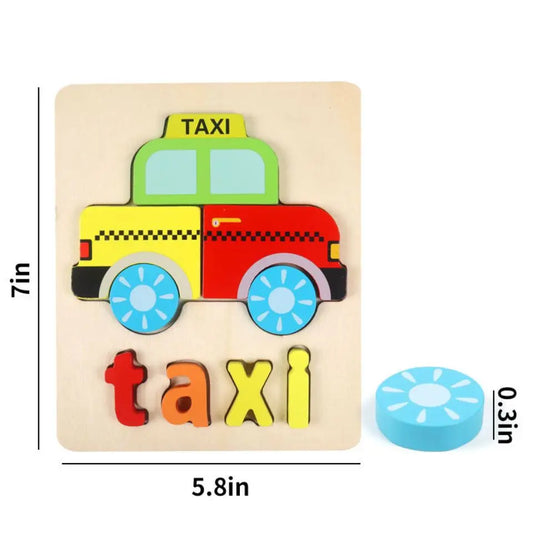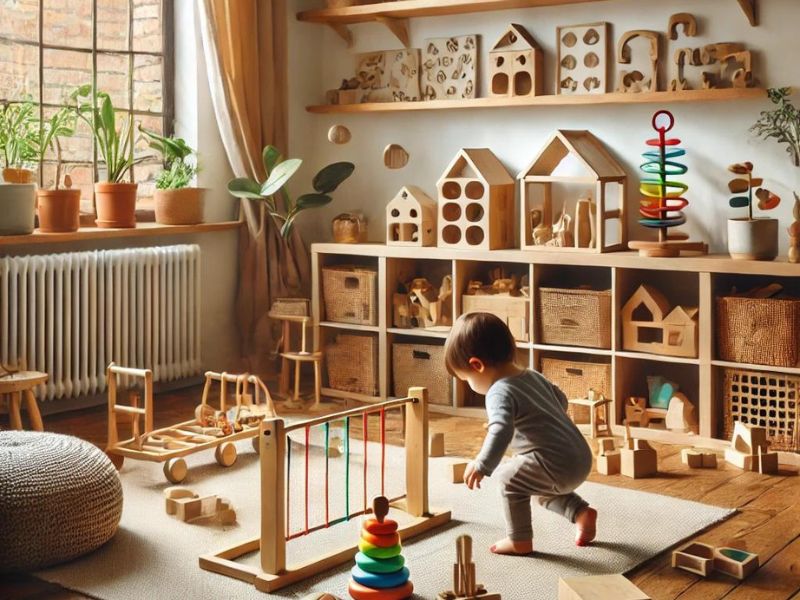The Ultimate Guide to Montessori Toys in Australia, Montessori Toys have become an essential part of early childhood development in many homes and educational settings around the world, including in Australia. Rooted in the educational philosophy of Dr. Maria Montessori, Montessori Toys Australia offers a wide range of toys designed to promote self-directed, hands-on learning. Unlike conventional toys, Montessori toys are thoughtfully crafted to encourage children to explore, discover, and develop critical life skills. In Australia, parents and educators are increasingly turning to Montessori toys as a way to foster independence, creativity, and problem-solving abilities in young children. This shift is driven by a growing awareness of the benefits of these toys for early learning, leading to a demand for high-quality, developmentally appropriate toys across the country.
Montessori toys are not merely playthings. They are tools that help children build fine motor skills, develop their senses, and engage with their environment in meaningful ways. These toys are often made from natural materials, emphasizing simplicity, functionality, and beauty. They are designed to meet a child's developmental needs at every stage, from infancy through the preschool years and beyond. For parents and educators in Australia, choosing the right Montessori Toys offers can be a crucial step in supporting a child's learning journey. By offering toys that align with the Montessori method, adults can provide children with the opportunity to grow into curious, independent, and confident individuals.
What are Montessori Toys?
Montessori toys are specially designed tools aimed at fostering hands-on learning and discovery. They align with the Montessori method of education, which emphasizes self-directed, experiential learning in a collaborative environment. These toys encourage children to engage in focused play, offering opportunities for repetition, concentration, and purposeful action.
Key characteristics of Montessori toys include:
- Natural materials: Many Montessori toys are made from wood, metal, and other natural materials. These materials provide sensory experiences that plastic toys often lack.
- Simplicity: Montessori toys are free from excessive detail or distracting features, allowing children to explore the object’s purpose without unnecessary stimulation.
- Functionality: Each toy is designed with a specific function, aimed at teaching children a skill such as fine motor control, coordination, or spatial awareness.

These toys cater to different stages of development and encourage independent play, creativity, and cognitive growth.
Benefits of Montessori Toys
Montessori toys are crafted to align with the developmental needs of children. Below are some of the key benefits that these toys offer:
1. Development of Fine Motor Skills
Montessori toys like stacking rings, pegboards, and threading toys help improve hand-eye coordination and fine motor control, preparing children for tasks such as writing or drawing.
2. Promoting Independence
One of the core principles of Montessori education is encouraging independence. Montessori toys enable children to take control of their learning. For example, puzzles, building blocks, and practical life toys (like child-sized kitchen sets) let kids learn through doing and problem-solving.
3. Fostering Creativity
Montessori toys allow children to engage in open-ended play. Toys such as building blocks, play silks, and animal figures let children use their imagination to create scenarios and stories.
4. Focus and Concentration
Because Montessori toys are designed with a singular focus, they encourage deep concentration. Children often get lost in play as they practice skills repetitively, enhancing their ability to focus for longer periods.

Key Montessori Toys Categories
1. Practical Life Toys
These toys mimic real-life tasks, teaching children how to be self-sufficient. Popular examples include:
- Child-sized kitchen sets
- Toy cleaning supplies (such as brooms and dustpans)
- Gardening tools
- Dressing frames to practice buttoning, zipping, or tying
These toys teach children how to manage everyday tasks independently, contributing to their personal development.
2. Sensory Toys
Montessori sensory toys are designed to stimulate the senses, aiding in the development of touch, sight, and sound perception. Examples include:
- Texture boards
- Sound cylinders filled with different objects
- Colour-matching games
- Weighted toys for balance and muscle development
Sensory play is critical in the early years, helping children understand the world through experience and experimentation.

3. Mathematics Toys
Early exposure to mathematical concepts is a significant part of Montessori education. Some popular Montessori math toys include:
- Number rods to teach counting and quantities
- Bead stairs to explore number relationships
- Sandpaper numbers for tactile learning
- Wooden puzzles featuring numbers and shapes
These toys help children grasp abstract concepts like numbers and geometry through tactile and visual exploration.
4. Language Development Toys
Language toys aim to enhance vocabulary, communication, and early literacy skills. Montessori language materials often include:
- Alphabet puzzles
- Letter tracing boards
- Phonetic sound cards
- Picture books with real-life images
These toys support the development of language comprehension and expression by encouraging conversation and sound recognition.

Where to Buy Montessori Toys in Australia
Australia is home to a growing number of stores and online platforms that specialize in Montessori toys. Below are some of the top places to find authentic Montessori materials:
1. The Toys4Us
A dedicated Montessori retailer, offering a wide selection of toys, learning materials, and Educational Toys. They focus on products that align with Montessori principles and offer shipping across Australia.
2. My Happy Helpers
An Australian-owned online store that specializes in educational and Montessori-inspired toys. They feature a range of wooden toys and learning aids, catering to toddlers and preschoolers.
3. The Wooden Toy Co.
This store is known for its high-quality wooden Montessori toys. They offer beautifully crafted items like stacking rings, counting boards, and balance games that are perfect for hands-on learning.
4. Montessori N' Such
An educational supply store that serves schools, educators, and parents. They offer Montessori materials across different age groups, along with various classroom supplies.
5. Tiny Tots Toys
Tiny Tots specializes in eco-friendly toys, including Montessori-inspired pieces made from sustainable materials. Their products focus on nurturing creativity, motor skills, and problem-solving.

Choosing the Right Montessori Toy for Each Age Group
Montessori toys are carefully designed to match the developmental stage of the child. Here's a breakdown of what to look for at different ages:
Infants (0–12 months)
At this stage, sensory exploration is crucial. Toys should be safe for chewing and touching, with varying textures and sounds. Some ideal toys for infants include:
- Grasping beads
- Rattles
- Soft, natural fabric toys
- Mobiles for visual tracking
Toddlers (12–36 months)
Toddlers are becoming more mobile and developing their motor skills. They benefit from toys that challenge their problem-solving abilities, coordination, and language development. Recommended toys include:
- Stacking blocks
- Shape sorters
- Puzzles
- Child-safe kitchen tools
Preschoolers (3–6 years)
Preschool-aged children are ready for more complex activities. Montessori toys that involve counting, early reading, and practical life skills are particularly beneficial. Great options for this age group include:
- Counting beads
- Simple puzzles with numbers and letters
- Gardening kits
- Small construction sets

How to Create a Montessori-Friendly Play Space at Home
A well-organized play environment is just as important as the toys themselves in Montessori education. Here’s how you can set up a Montessori-inspired space at home:
-
Low Shelving: Use open, low shelves where children can easily access toys. Display only a few toys at a time to prevent overstimulation.
-
Order and Organization: Montessori spaces emphasize order. Arrange toys neatly in trays or baskets and encourage children to put items back after play.
-
Natural Elements: Incorporate natural light, wooden furniture, and soft textiles into the space. This creates a warm, calming atmosphere that aligns with Montessori principles.
-
Child-Sized Furniture: Invest in child-sized tables, chairs, and workstations to encourage independence. When children can reach their toys and tools, they are more likely to engage in self-directed learning.
-
Minimalism: Keep the space uncluttered. This encourages focus and allows children to engage deeply with one task at a time.
Conclusion: Why Montessori Toys are Worth the Investment
Montessori toys offer more than just entertainment – they are tools for learning, exploration, and growth. These toys align with a child's natural developmental needs, promoting independence, creativity, and cognitive skills. Investing in high-quality Montessori toys not only supports the immediate learning journey of your child but also lays the foundation for lifelong skills such as problem-solving, concentration, and a love for learning.
In Australia, the availability of Montessori toys continues to grow, with many retailers offering eco-friendly, durable, and educational options. By carefully selecting toys that match your child’s developmental stage and interests, you can create a rich learning environment that will benefit them for years to come.
